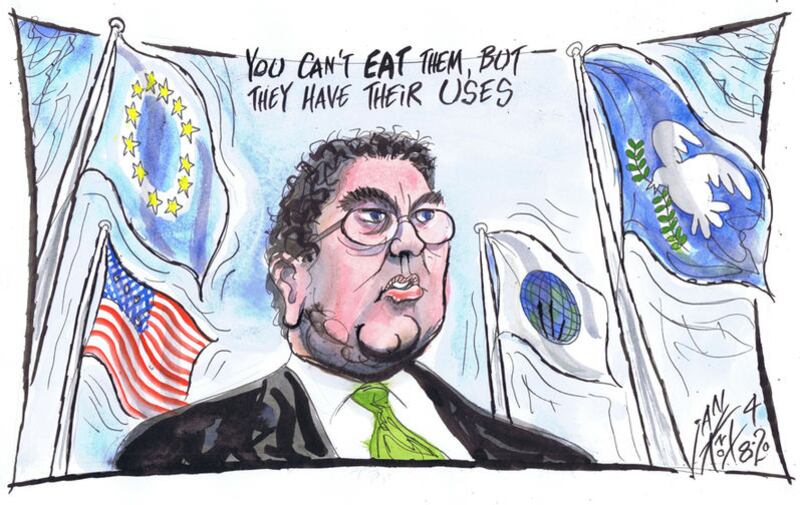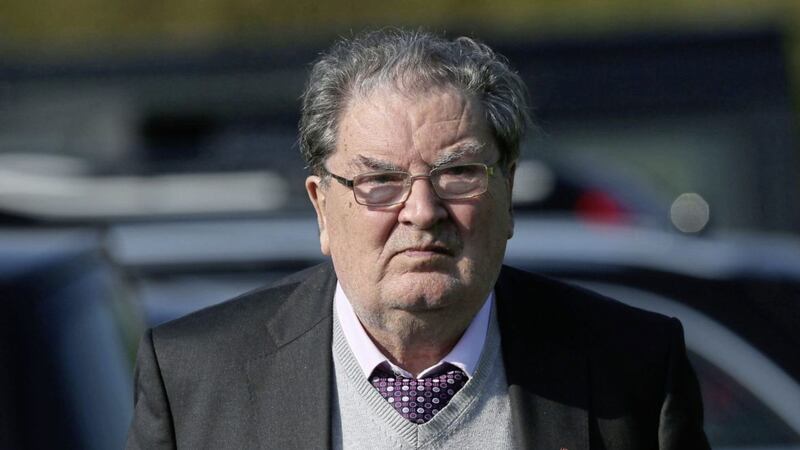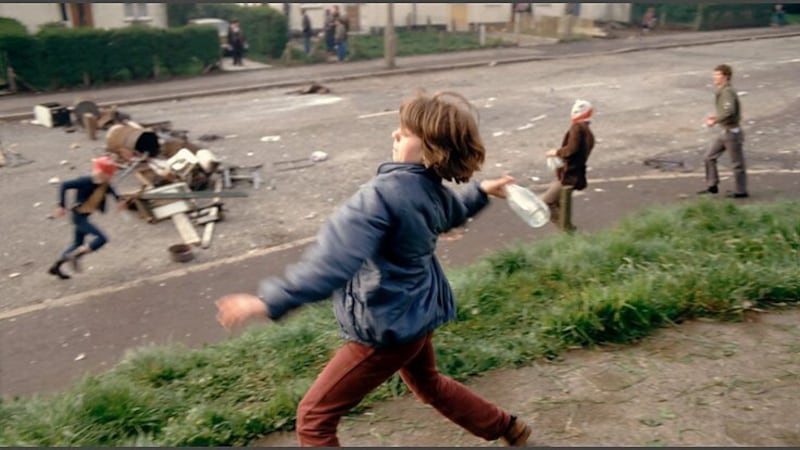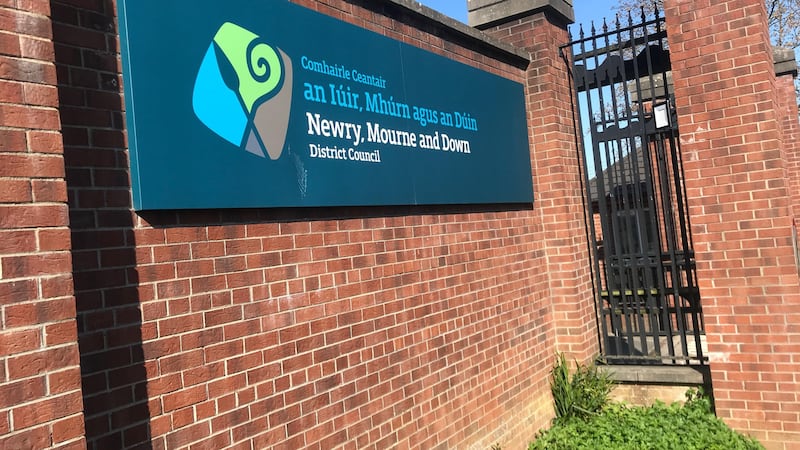FEW any younger than 40 can even guess how impressive John Hume was in his prime, before a fine, strong mind far too early lost its way.
The intellect gave him little rest and perhaps helped to make him solitary and introverted if not plain lonely, in spite of the warmest of partners and families.
His mission was to persuade and convince. He had no small talk, and scorned the idea that it could be a political attribute.
Interviewing prominent business figures for a radio documentary in the late 1980s, most of them small ‘u’ unionist, I got variations on "politicians don’t care about business". Not true of everyone surely?
Only the lone Catholic volunteered on tape that Hume had been helpful. Off-air several others agreed he was different; "he sees the connections between the economy and politics". But they couldn’t praise him because unionists would object.
Read more:
- Tom Kelly: John Hume was the greatest Irish political leader since Parnell
- Seamus McKinney: History will place John Hume among the great Irish leaders
To get past the conventional wisdom that he was a demon figure in unionism all you had to do was close the notebook and switch off the tape recorder.
The headmaster of a well-known Belfast Protestant grammar school, a fairly orthodox unionist, came back from a Rotarian lunch in the late eighties clearly surprised by his own reaction. Hume was "in a league of his own".

As the Troubles ground through a second decade and into a third, apparently insoluble, a senior teacher heard from another school how enthused Hume had left an audience of upper middle-class, sixth form, mostly Protestant girls.
Accustomed to visiting politicos on prize days speechifying as though on automatic pilot, this did not surprise him. The young, he thought, newly aware of the north’s narrowness, liked optimism in a politician, and a sense from them of a wider world.
While Hume might look dour, respect for difference and merit in diversity was his gospel decades before gender or identity became buzzwords.
It was also possible at that point to depict the European Union as the arena in which ‘the French stayed French and the Germans German’ while learning to work together despite the killing and destruction of two world wars. Hume preached that theme in the end to the point of parody.
- John Hume: In his own words
- John Hume: In pictures
- Hume loved Derry and it loved him
- Family upbringing shaped John Hume's thinking
The hope it contained still had healing resonance in a place where the other lasting major figure, Ian Paisley, preached separation, mutual suspicion, fear and loathing.
His party conference speeches began to last too long - big, revered set-pieces unredeemed by drifts of John Hewitt, Yeats, Louis MacNeice, Heaney. At his best, by sheer intensity of purpose, he held the attention of strangers and the uninformed.
Once I waited with a television crew in a Belfast airport hotel. Hume had been in the US during the week, then Strasbourg. There was a delay, hours on the tarmac, then a flight to England. He arrived grey in the face.
The crew was English, professional, but apart from the interviewer short on knowledge. Hume explained how the Troubles had begun and what made them, in his view, drag on, and the cameraman became so caught up he said he almost forgot to change film reels.
The flat Derry voice, occasional bursts of anger flaming through the weariness, made an impact without need for anecdote, jokes, self-promotion.
But oh he was a rotten driver. Invited to Greencastle to eat seafood at Kealy’s and see the slipway he had cajoled out of Brussels, meant letting him drive and talk at the same time. Which meant he looked at the passenger seat instead of at the road. Only youthful memory cells overcame terror to retain anything of the useful monologue.
Read more:
- Pressure of search for peace laid bare at Greysteel funerals
- John Hume's Nobel prize speech set out challenge to political leaders
- Nobel peace prize placed John Hume in elite company
With good reason Hume believed that one-to-one he could make most journalists treat his arguments at least with respect, and give them space. He liked best, and who would not, those who wrote him up with no shade across the light.
In a profile for a book on the makers and would-be wreckers of the Good Friday Agreement, I began the timeline with the SDLP’s loss of primacy to Sinn Féin and a glimpse of him denying the results of the 2001 election.
A political giant had been ground down, I wrote, by endless travel and the twin corrosions of malice and flattery, but chiefly by trying to master a stagnant and bloody situation.
Not long after the book came out, he phoned and without preamble said: "I’m told I should thank you for what you wrote." He wasn’t remotely thankful. He had given all the energy, brainpower and vision that was in him.








